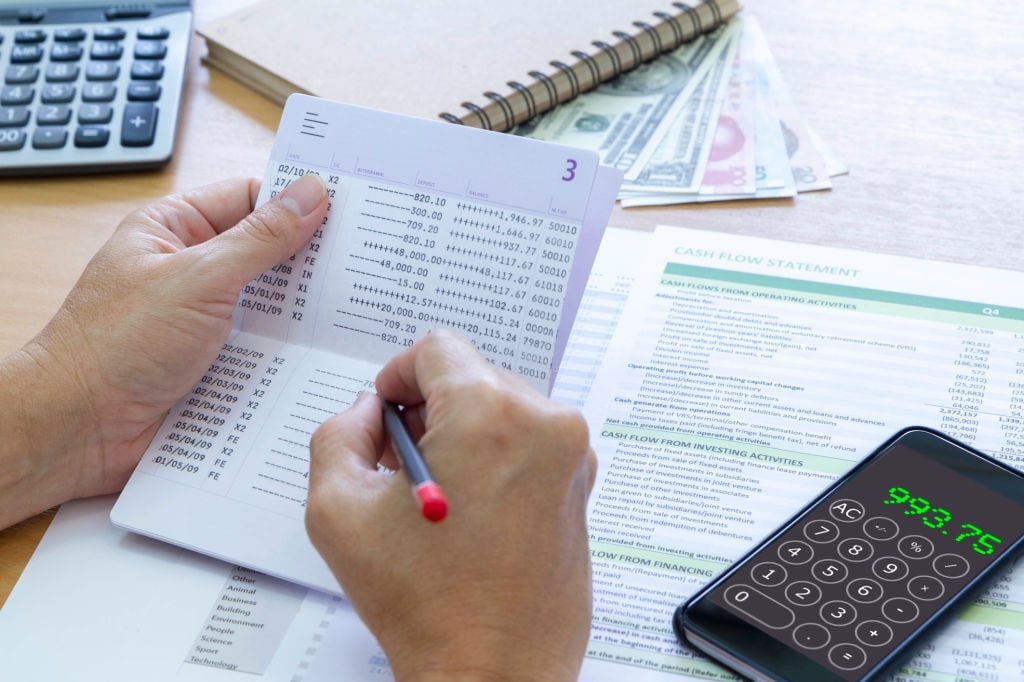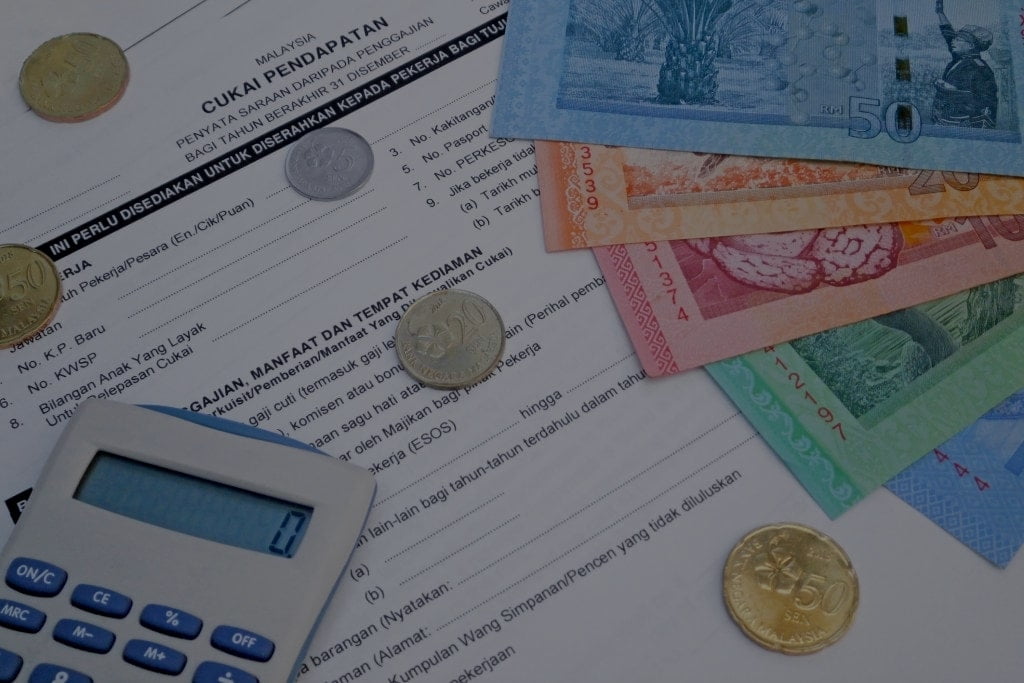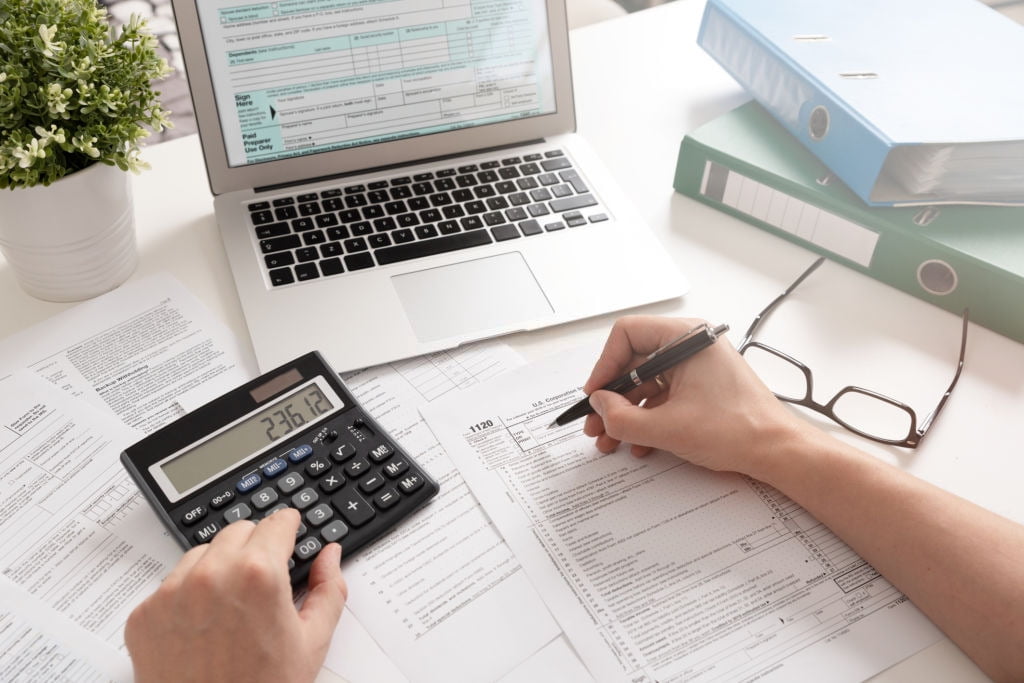Ways To Handle Cash Flow Crisis
Businesses increasing profits over the years seem to be free of cash flow crisis. Profitable companies can also face cash flow problems if investments, finances and operations are not balanced for optimal efficiency.
The key is not to give up on your business early on. Even Phil Knight’s company Nike faced a cash flow crisis but he never gave up. (More on that later)
Taking inspiration from this, here are a few strategies you can implement to improve cash flow:
1. Seek Out Investors
With limited money on hand, that is, more money going out of the business than coming into the business, one way to keep the business running is bringing in more money. This can be achieved by seeking more investors.
Having a strong sustainability report will effectively convince investors to believe in your business idea. That’s how Knight continued his never-ending dream of making Nike an international brand.
Nike’s owner Phil Knight was faced with a similar challenge of balancing innovation and growth while keeping the cash flow positive. Pressurised by his funder to slow down growth, Knight decided to take on more debt instead from another funder who believed in his ideology. The focus on an alternative means of growth to improve cash flow helped Knight get out of the cash flow crisis.
However, be sure of interest rates and also consider alternative options to weigh against it. Also, businesses having an intrinsic cause of cash flow crisis should avoid taking on more debt. It will only make the situation worse.
2. Boost Your Receivables
- Accept pre-orders for your products
- Ask for 50% advanced payment before providing the service
- Send early and regular invoices to get on-time payment
- Offer incentives for on-time payment
- Make the payment process (through mobile or electronic means) easier for clients.

3. Reduce Your Payables
If a few bills go unpaid, strategically devise how you will counter it. Plus, skipping on and neglecting the payroll and HR services can have serious ramifications making it difficult for businesses to retain their key employees. This can be damaging to the company in the long run.
4. Reconsider The Budget Plan to Increase Profit
Entering a cash flow crisis should draw your attention first to the yearly plan—the income, expenses, processes and operations. Determine whether the cause of the crisis is intrinsic or extrinsic. Reconsider the budget plan to reduce or prevent future shortages.
Based on job costings, figure out the profit and loss statements as well as profit margins of your business to find out the areas of your business that are profitable or not. Let go of clients, assets and leases that are only bundling up the costs with less profit for your business.
Re-plan your pricing structure for optimal profits and increased cash flow. All these minor details can help you understand where the problem is occurring and how you can overcome it without losing your business.
For example, Malaysian businesses can employ strong accounting services available locally to create a new business plan.
5. Cut Down Expenses
Spend only on the costs that keep your products and services at the top. The aim is to keep the business operational and generate continuous revenue to increase incoming funds.

6. Increase Sales Market
- Add new products and services in your market after doing product research.
- Increase incentives to make customers buy more.
- Increase prices on products that sell more.
- Create a new marketing strategy to expand your business avenues.
- Keep your loyal customers within the loop to increase product value and figure out what products are benefiting your company.






































